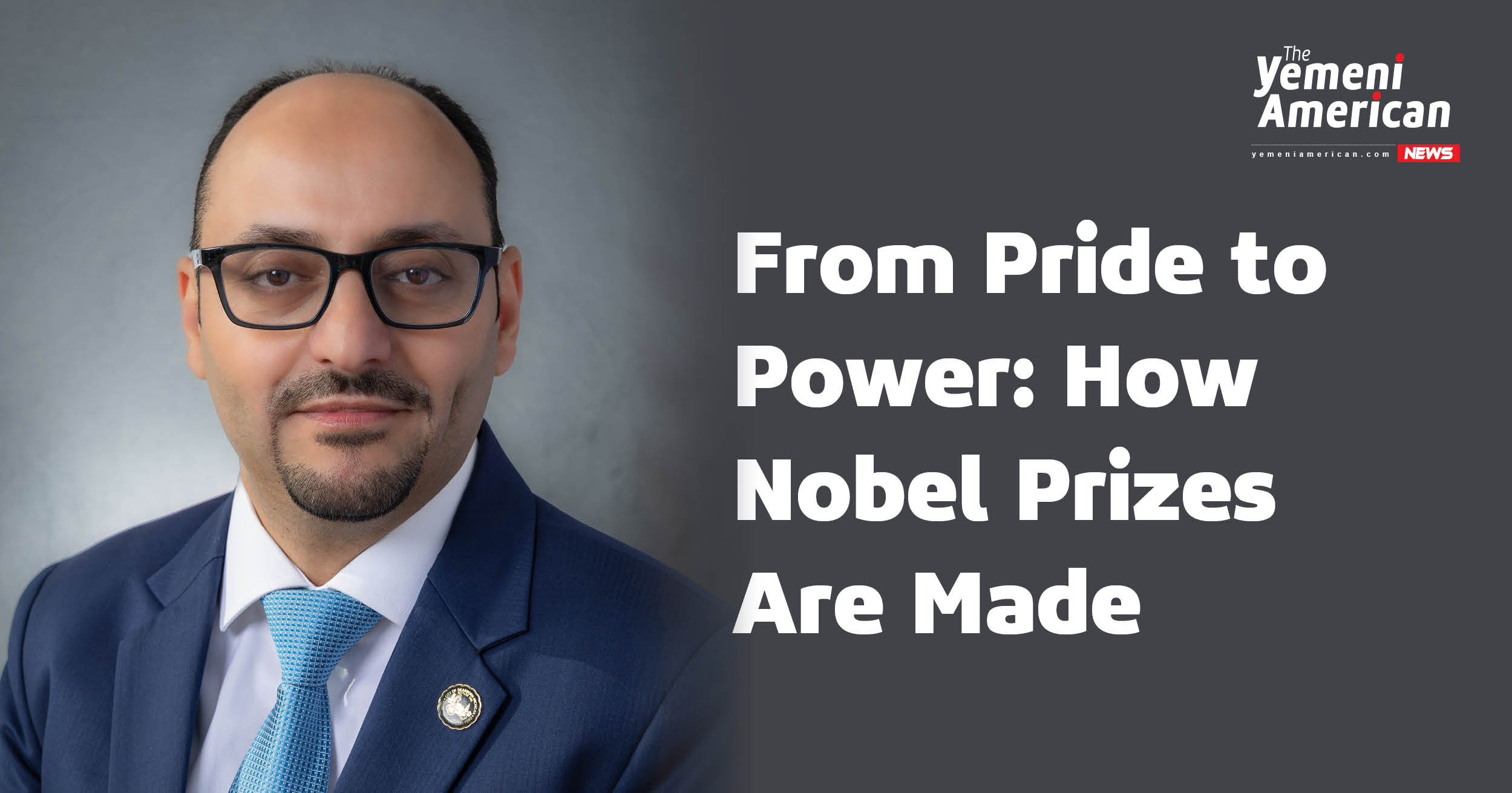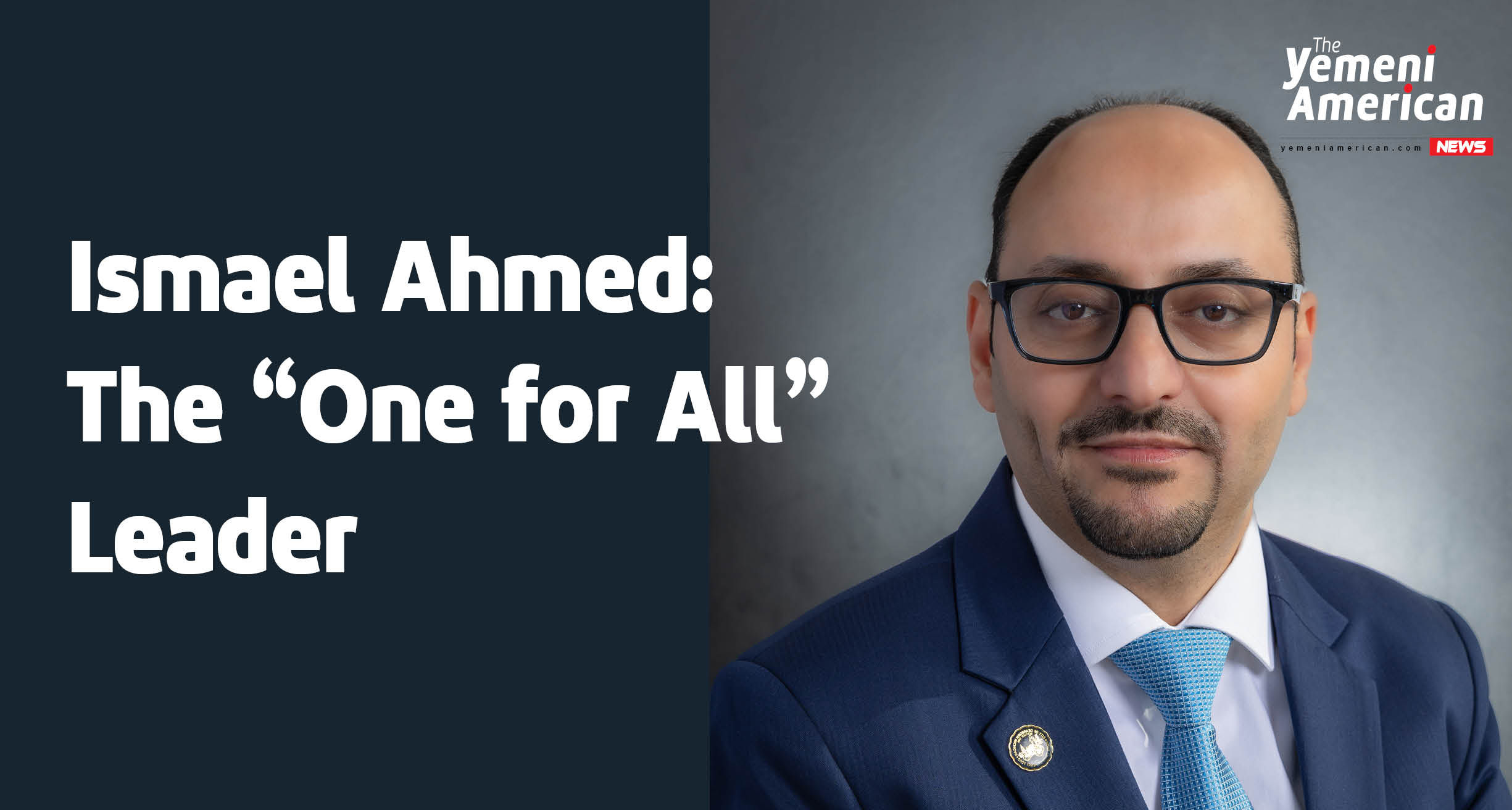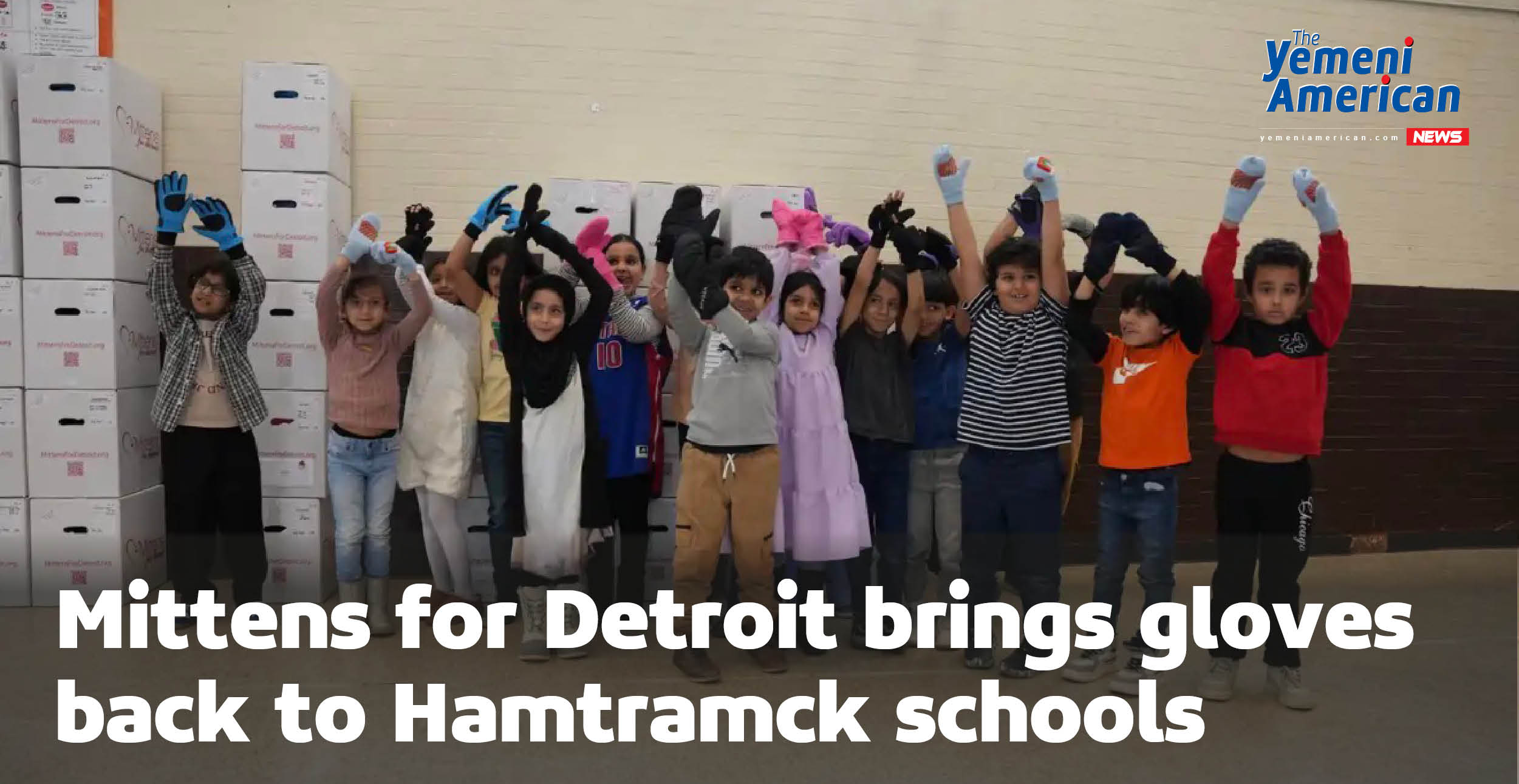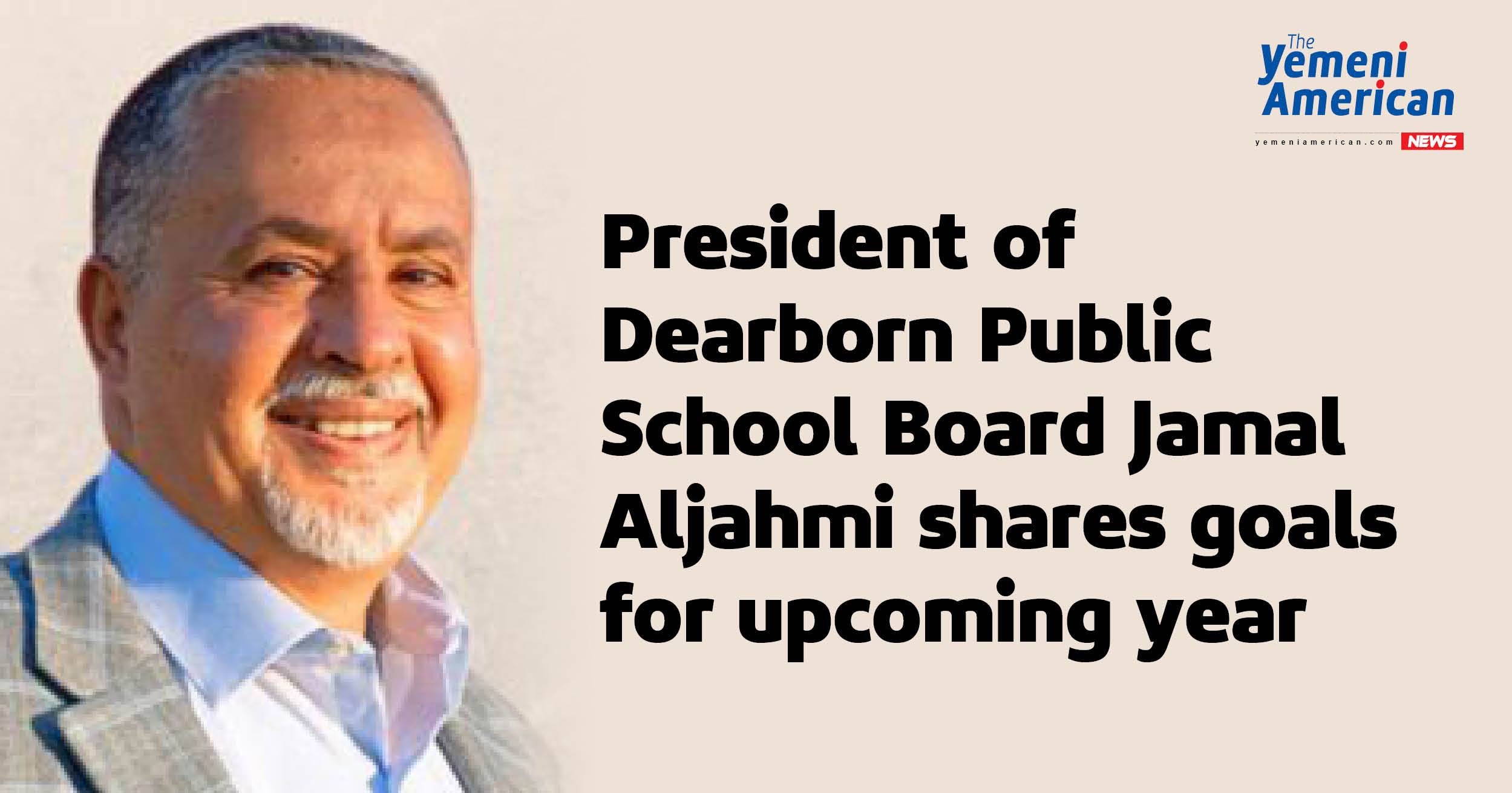By Mohammed Rezq
An event that might seem minor at first glance recently revealed a deeper truth about the difference between nations built on institutions and vision and those driven by emotion and social media.
Lately when the American scientist Omar Yaghi jointly won the Nobel Prize in Chemistry, the scientific world celebrated a discovery that pushes the boundaries of human knowledge. But in the Arab world, the conversation quickly shifted from his achievement to his nationality.
Yaghi, of Palestinian origin, was born in Jordan and granted Saudi citizenship in 2021. Instead of celebrating the universal significance of his scientific work, online users competed to claim him as their own – each nation eager to take pride in the laureate’s heritage.
The incident reveals a core dilemma: While others dedicate their efforts to financing research systems and labs that generate Nobel-winning discoveries, citizens in some Arab nations are still locked in a struggle over Omar Yaghi’s nationality.
True national pride doesn’t come from claiming a scientist after he wins; it comes from creating the conditions that help the next one emerge.
A Different Kind of Story
In contrast, another Nobel story offered a glimpse into a very different culture of science.
When this year’s Nobel Prize in Medicine was announced, the Nobel Committee couldn’t immediately reach one of the winners -American immunologist Fred Ramsdell.
Ramsdell, honored alongside Mary E. Brunkow and Shimon Sakaguchi for their pioneering work on regulatory T cells and immune tolerance, was on a planned off-the-grid hiking trip in the western United States. According to his company, Sonoma Biotherapeutics, he was “living his best life” – entirely disconnected from the world. It took nearly 20 hours before he finally discovered that he had just joined science’s most prestigious ranks.
The story recalls a similar moment in 2023.On a quiet morning in Pennsylvania in 2023, Dr. Drew Weissman went out for a walk in nature – without his phone. What he didn’t know was that the Nobel Committee in Stockholm was desperately trying to reach him.
While he enjoyed the autumn air, the committee announced that Weissman, together with Katalin Karikó, had won the Nobel Prize in Medicine for their pioneering work on mRNA technology, the foundation of COVID-19 vaccines that saved millions of lives.
When Weissman returned home hours later, he discovered his inbox and voicemail flooded with messages. He smiled and said simply:“I just went out to get some fresh air and came back to find my life had changed.”
The image is striking – a scientist so immersed in his work and in life’s simplicity that he didn’t even know he had made history. It’s also symbolic of a society with strong institutions that value research quietly, steadily, and consistently. In such environments, scientists don’t chase attention; they chase answers.
The Global Science Gap
The stories of Ramsdell, Weizmann, and Yaghi highlight the essence of the difference between sustainable scientific investment and transient symbolic celebration, explaining why only a few nations possess a significant share of major discoveries and Nobel prizes as result.
Statistics indicate that, as of October 2025, three nations worldwide continue to garner the majority of awards since the establishment of the Nobel Prize and its first granting in 1901. The United States of America has secured 428 prizes; this amounts to about 34% of the total Nobel Prizes awarded globally, followed by the United Kingdom with 145 prizes, and then Germany with 116 prizes.
The accumulation of these prizes isn’t random; it’s a direct return on investment. They are the proven result of these leading nations consistently valuing and funding scientific research with the seriousness it deserves, recognizing its critical role in their future
According to the U.S. National Science Foundation (NSF), the United States spent nearly $892 billion on research and development in 2022 – a figure expected to surpass $940 billion in 2023. This funding powers an ecosystem of universities, industries, and laboratories that drive innovation across technology, health care, and space exploration.
By comparison, the Arab world’s investment remains modest. Saudi Arabia, the region’s largest economy, invested about $6 billion in 2023 – a promising increase but still a fraction of global leaders’ spending. Jordan’s research funding is estimated at $200–450 million.
These gaps matter. Scientific research is the foundation of national strength, shaping economies, industries, and even global influence. It is what turns talent into technology, and ideas into industries.
Countries that consistently dedicate even 1–2% of their GDP to R&D tend to see rapid advances in innovation, patents, and education. Science investment is cumulative – each generation of researchers builds upon the previous one.
The Kingdom of Saudi Arabia leads the Arab countries in prioritizing scientific research, where Saudi Vision 2030 aims to raise its spending on Research and Innovation (R&I) to 2.5% of GDP by 2040. This is a massive leap from current levels (previously under 0.5%) and positions the country with the world’s leading knowledge economies.The current initiatives in Saudi Arabia, primarily driven by Vision 2030.
From Celebration to Creation
The two stories – Omar Yaghi’s online debate and Drew Weissman’s morning walk – tell us something profound about where we are and where we could be.In one world, science is a national project, supported by clear policies, budgets, and institutions. In the other, it remains a symbolic achievement, celebrated after the fact but rarely enabled before it.
If the Arab world truly wishes to honor its scientists, it must shift from claiming their lineage to supporting them: from celebrating them after success to empowering them before the achievement.
Nations that truly invest in knowledge never need to claim the legacy of their scientists—because it’s the scientists who proudly claim them. When a country equips its people with the tools of reason and nurtures their ambition, it builds more than institutions; it builds loyalty and pride. Where minds are respected, nations thrive—and every researcher, innovator, and thinker becomes the most authentic ambassador of their homeland’s worth in the world.








